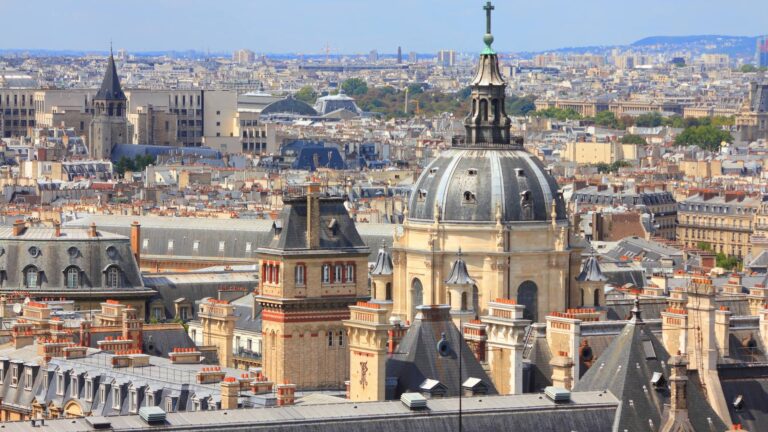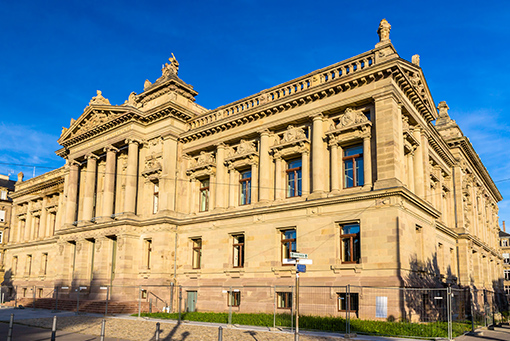Higher education institutions in France are varied and may accommodate a wide
range of academic interests and subjects of study. The primary categories of
French higher education institutions are as follows:
1. Universities (Universités): Public establishments providing a broad selection
of graduate, undergraduate, and doctoral degrees.
Domains: Business, engineering, law, medicine, sciences, and humanities.
Important attributes:
Reasonably priced tuition
Programs focused on research
For instance, the University of Lyon, the University of Strasbourg, and the
Sorbonne University in Paris
2. Grandes Écoles (Elite Schools): Distinguished establishments that provide
specialist instruction, frequently in public administration, engineering, and
business.
Domains: management, political science, business, and engineering.
Important attributes:
extremely selective admissions procedure
Reduced class sizes and solid industry ties
Excellent job placement rates combined with competitive tuition prices
École Polytechnique, HEC Paris, Sciences Po, and ENS are a few examples.
3. Institutes of Technology (IUT, Instituts Universitaires de Technologie):
Associated with universities, these institutions provide specialized,
career-focused, and short-term programs.
Programs: BTS (Brevet de Technicien Supérieur) or DUT (Diplôme Universitaire
de Technologie)
Important attributes:
Put an emphasis on technical skills and employability.
Two-year courses with the possibility of pursuing a full degree
4. Business Schools (Écoles de Commerce): Organizations that focus on
teaching management, finance, and business.
Important attributes:
a strong emphasis on global initiatives
Collaborations with multinational companies
Opportunities for two degrees
INSEAD, ESSEC Business School, and Grenoble École de Management are a
few examples.
5. Écoles d’Ingénieurs, or engineering schools
Description: Top-notch engineering education is provided by specialized schools.
Important attributes:
Strict restrictions for entry (usually via competitive tests)
strong emphasis on industry projects and research
Mines ParisTech and École Centrale de Lyon are two examples.
France’s universities offer a unique combination of factors making them attractive to international students. These include a strong focus on academic excellence, a rich cultural environment, and relatively affordable tuition fees, especially in public institutions.


6. Schools of Art and Design (Écoles d’Art et de Design)
Organizations that provide courses in design, applied arts, and fine arts.
Domains: Fine arts, architecture, fashion, and graphic design.
Important attributes:
Training that is both creative and practical
Strong connections to the cultural industries
Examples include the Nationale Supérieure des Arts Décoratifs (ENSAD) and the
École des Beaux-Arts.
7. Écoles Professionnelles, or vocational schools
Organizations that provide certification and training tailored to a variety of
careers.
Domains: Fashion, trades, hospitality, and culinary arts.
Examples include Vatel (hospitality), Esmod (fashion), and Ferrandi Paris
(culinary arts).
8. Écoles Spécialisées, or specialized schools
Institutions that specialize in particular disciplines.
Domains: Public administration, journalism, health sciences, and film.
For instance, IFM (Institut Français de la Mode) and La Fémis (Film School)
9. Institutes of Research (Instituts de Recherche)
Organizations dedicated to research in the humanities, sciences, and technology.
Important attributes:
PhD programs, post-doctoral options, and collaborative research initiatives
For instance, INRIA and CNRS (Centre National de la Recherche Scientifique)
10. Global Organizations
Organizations that work with foreign colleges to offer dual degrees and
international programs.
Important attributes:
English-language programs and solid international collaborations
For instance: Skema Business School, American University of Paris (AUP)




